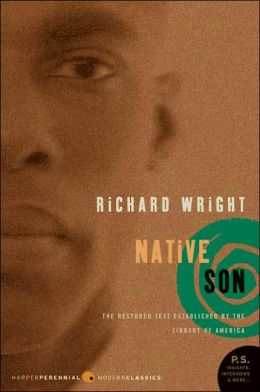A Book Review
BY KIMBERLY BENNETT

At the beginning of 2014, 32 out of 50 states in America still sentence criminals with the death penalty. Lethal injection is authorized in 35 states (three states had abolished the death penalty, but according to the Death Penalty Information Center, the “law wasn’t retroactive,” leaving 18 people sentenced to death). While all 35 states have lethal injection as their primary method of execution, eight states still allow for electrocution. Three states, including Missouri, authorize the gas chamber death penalty. Three states allow hanging, and two allow firing squads. Most people never plan to end up in prison, and most certainly do not even begin to think that they will die on death row. Criminals are criminals, plain and simple.
However, back in the 1930s, the justice system functioned quite differently than today. While Harper Lee’s To Kill a Mockingbird gives readers a glimpse into the past by describing Atticus Finch’s court case concerning the rape trial of a young black man, Richard Wright’s Native Son provides a very different approach in portraying the 1930s court system during the Jim Crow era.
Bigger Thomas is not your typical, day-to-day protagonist. He does not save a damsel in distress, nor does he go on grand adventures or defend the world from villains like Harry Potter’s Lord Voldemort or Sauron from Lord of the Rings. In fact, there is nothing glorious about Bigger Thomas; he, along with his mother and siblings, live in a one-room apartment, he and his buddies conspire to rob a store and they publicly masturbate inside a local movie theater. However, as the story of Native Son unfolds, readers cannot help but favor Bigger Thomas—even while he is on trial for the rape and murder of rich, white heiress, Mary Dalton.
If there is one thing that stands out about Bigger Thomas, it is his fear. No matter what he does in his life to defy the white race, he is constantly afraid of the repercussions. Bigger does not think about his actions; he just acts. He does not start to think and reflect upon his actions until after it is too late.
He is on trial for his life—and pleads guilty.
Bigger feels there is no choice but to assume the role of the 1930s stereotypical black man as portrayed by early 20th century American literature. Most of the white characters of the novel (Mr. and Mrs. Dalton, State Attorney Buckley and the Daltons’ Private I, Mr. Britten) believe Bigger has raped and brutally murdered Mary Dalton, but there is so much more to Bigger’s story he refuses to share. Bigger knows his fate; the readers should know his fate, yet, for some reason, it is hard not to have a tiny sliver of hope.
According to Wright’s essay, “How Bigger Was Born,” Bigger Thomas represents all of the black and white men who lashed out because they were oppressed by a dominant force of people. Native Son argues Determinism (the mindset that everything we do is a result of our family’s past), but also condones Self-Determinism (the act of free will) as Bigger Thomas moves from accidental murder to premeditated murder.
Will the judge (who also stands in for the jury) choose to spare Bigger’s life? Or, will he allow the stereotype to influence his decision in sentencing Bigger to death?
Read Richard Wright’s Native Son to find out!